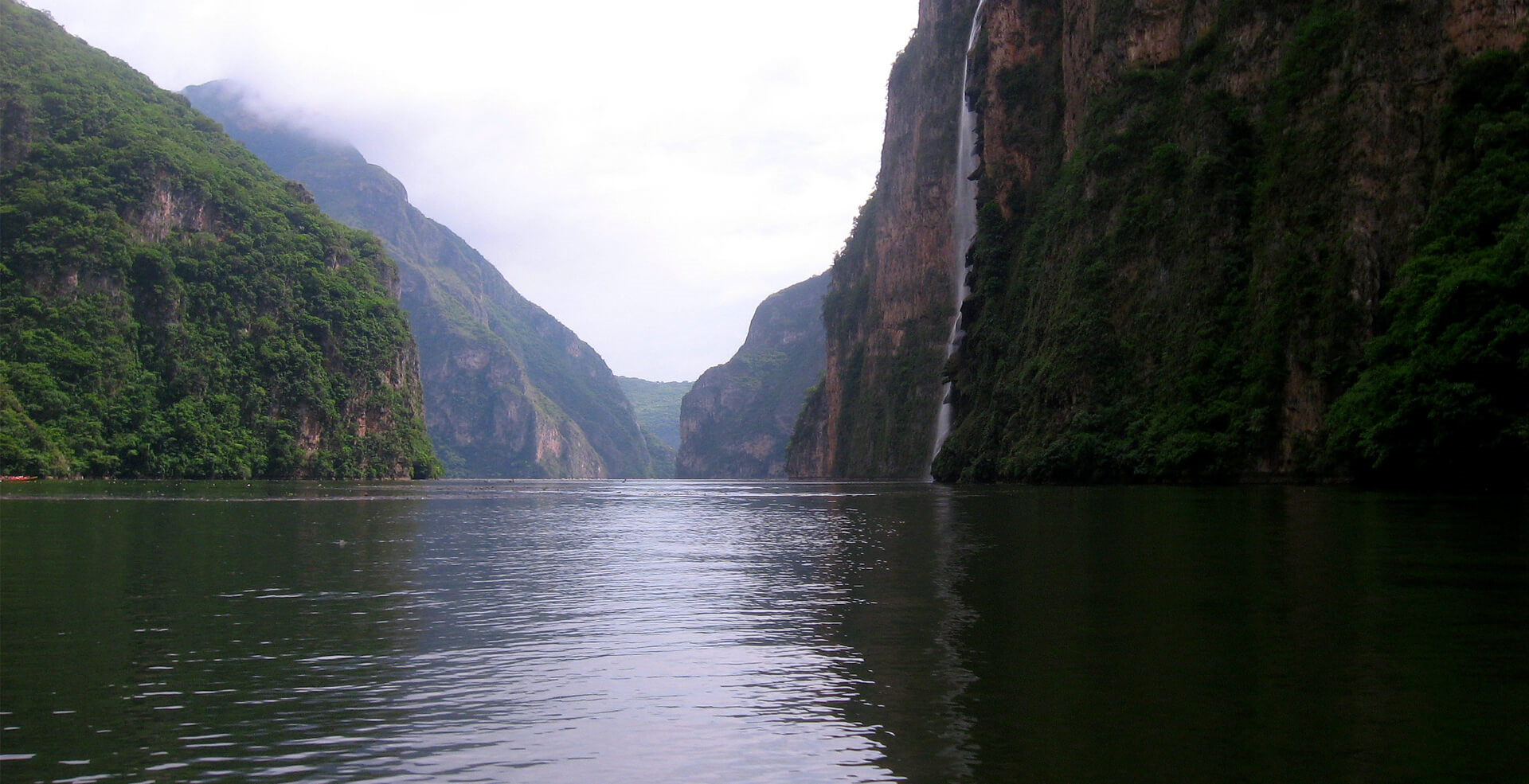Hi all. Since there is no video lecture for this week’s material, I will be writing comments on a video entitled “Peru’s Civil War”, with Maxwell Cameron.
One thing I found very interesting which can also be applied in the Peruvian context is that many (and one could argue even most) revolutionary movements praising social and economic change start from the bottom, with labour unions, students and “radical” intellectuals who separate themselves from the establishment of their time. This has been true in many cases throughout Latin America, including the 1968 protests against political and military repression and poor economic opportunity, which started in Mexico City with UNAM students and brave professors and academics. This is partly the reason why so many authoritarian and fascistic regimes, when entering the arena of power, begin their crusade of repression by censoring, jailing or even killing those in labour and student movements. Many examples come to mind, including Nazi Germany, Turkey, Russia, and Cuba. This is a notion which can be applied to the Peruvian context, as, as Maxwell Cameron points out, with the Communist Party of Peru and the APRA Party leading the charge in the revolts. It is also interesting to point out that when leftist revolutionary movements take power, like was the case in Peru, they often focus on “paying back” those who started and helped the struggle for power, by taking on educational, labour and land reforms.
Another interesting thing that I shall comment on is the Shining Path. The thing that caught my attention with this series of events is that although the Peruvian government and elite intended to appease the peasantry with land reform policies, that only served to exacerbate tensions and growing pains. This is, in part, other than for the reason that Professor Cameron mentions, is due to the fact that the reforms were not far-reaching enough, and demonstrated the lack of understanding of the elites and the powerful of the daily difficulties experienced by labourers and workers in the countryside. Too often, this situation repeated itself, where those in power, who were elected to represent a certain group of elites, could not properly serve the interests of the remaining portions of the population. This poses a fascinating question, which is what should have been done to remedy this conflict and avoid a full-scale uprising and insurgency. Two possible answers might be consultation with or surrendering to the opposition forces, although the first one is much more plausible and much less detrimental.
Joseph
